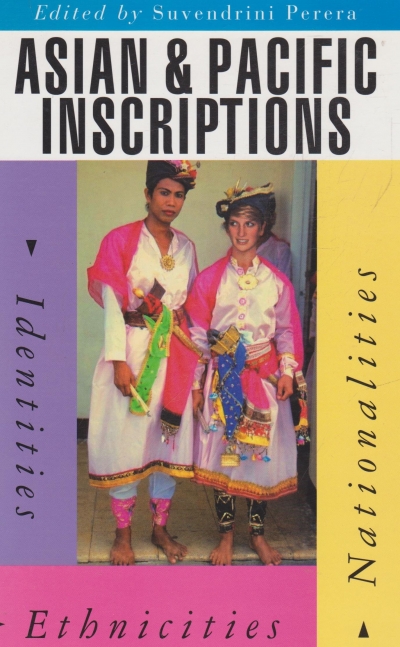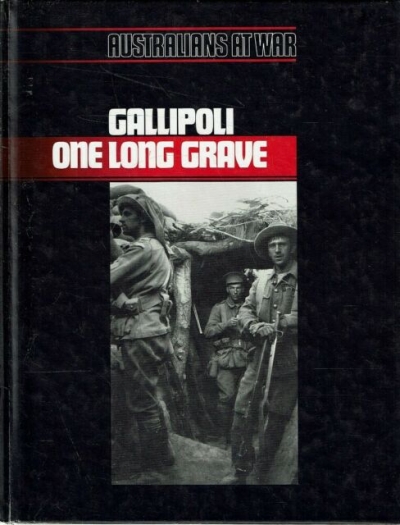In a response to Peter Weir’s film Gallipoli published in Quadrant in 1982, Gerard Henderson observed that ‘recounting the story of the Anzacs has become something of a growth industry’. Five years on, the Gallipoli industry shows no sign of a downturn. The salvaging and publication of war diaries, letters and manuscripts that had long mouldered in museums, libraries and attics, the spate of ‘epic’ teledramas and ersatz war fiction (like Jack Bennett’s spin-off from the aforesaid movie), new historical studies and the resurrection of old ones such as C. E. W. Bean’s Official History and, at the other end of the scale, John Laffin’s Digger: The story of the Australian soldier (its subtitle magically changed to ‘The legend of the Australian soldier’), all attest to the enduring appeal of Australia’s military exploits to writers and filmmakers and to the subject’s ability to tap a popular audience.
...
(read more)




